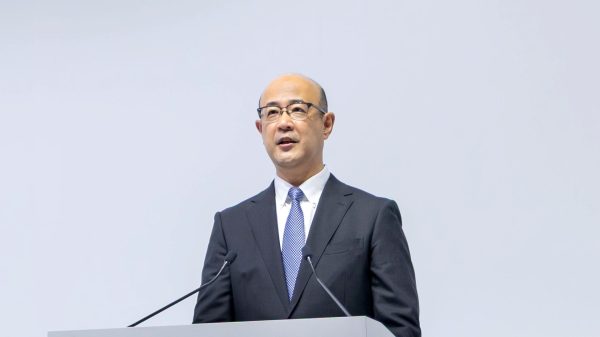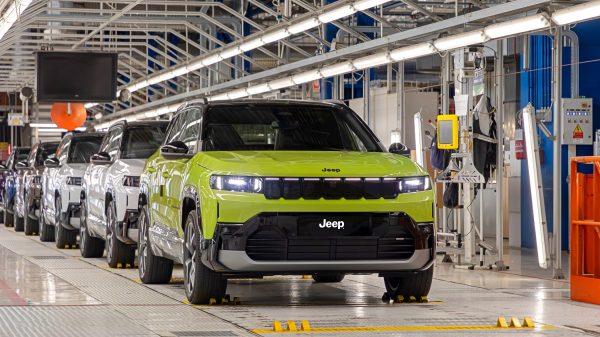 Next is among several UK retailers demanding ministers close the loophole. Photo: Nick Hutton/Alamy Stock Photo
Next is among several UK retailers demanding ministers close the loophole. Photo: Nick Hutton/Alamy Stock Photo
The Next boss called for tax loopholes exploited by Chinese fast fashion sites such as Shein to be eliminated.
Lord Wolfson said the issue of fast fashion companies being shunned customs invoices when shipping custom orders directly from China “needs to be considered.”
Next's chief executive said: 'I wouldn't underestimate the difficulty and administrative complexity of trying to tax large quantities of small supplies. But I think it's important for the government to look at this.”
It comes amid a growing backlash from UK retailers. Earlier this month, The Telegraph reported that high street bosses were pressing ministers to close the loophole.
Companies including Shein are accused of exploiting the system by sending smaller packages directly to Chinese customers rather than sending inventory. wholesale to warehouses in the UK and then distribute orders from there.
This usually means they do not have to pay customs duty: parcels valued under £135, known as 'de minimis' deliveries, are exempt. while supplies above this value are subject to import duties on a sliding scale as high as 25%.
 Lord Wolfson's call to action was Next, which delivered strong annual results. Photo: Chris Ratcliffe/Bloomberg
Lord Wolfson's call to action was Next, which delivered strong annual results. Photo: Chris Ratcliffe/Bloomberg
British competitors say the tax loophole allows overseas operators to bypass them.
The Retail Sector Council recently called for a curb on the practice, saying in a discussion paper: “It is damaging damage to the economy and prospects of those retailers who pay full taxes, including VAT.»
«Without leveling the playing field, there will be more business failures, fewer taxes and more unemployment.»
Shane argues that the company's success «comes from our ability to produce fashion products for our customers.»
A company spokesperson said its “on-demand business model and flexible supply chain” allow it to keep prices low and offer better deals to customers.
Lord Wolfson's call to action comes as Next delivered strong results for the year. results, with profits reaching a record high. The results helped push the company's share price to a new record.
Next also showed that share prices were falling despite the chaos in the Red Sea.
The company, considered a retail leader, said its prices are already 2% lower than a year ago. Deflation is expected to be 0.5% in the six months to July.
This comes even as Next faces higher shipping costs due to attacks in the Red Sea that have forced ships to reroute throughout the region. . This issue has increased delivery times by approximately seven to 10 days.
It goes on to say that these higher costs «have been factored into our pricing going forward, but we still expect our prices to fall.»
Lord Wolfson said: “It has been a long time since we started the year in a more positive mood.”
He said the consumer environment “looks more favorable than in over a number of years.»
Next's sales rose 5.9% over the year to reach £5.8bn by the end of January. Pre-tax profits hit a record £918 million.
This was slightly ahead of previous forecasts thanks to improved discounted share sales in January.
The update sent shares down sharply. record high, jumping as much as 6%, making it the top gainer on the FTSE 100.
News of Next's price fall will come as a relief to shoppers who have faced more than two years of soaring prices. It follows wider signs of cooling inflation across the UK economy.
Data from the Office for National Statistics on Wednesday showed inflation fell to its lowest level in almost two-and-a-half years, slowing to 3.4% in February .
Prime Minister Rishi Sunak said the UK had “turned the corner after the turmoil of the last few years” and was now in a “new economic moment”.
























































Свежие комментарии